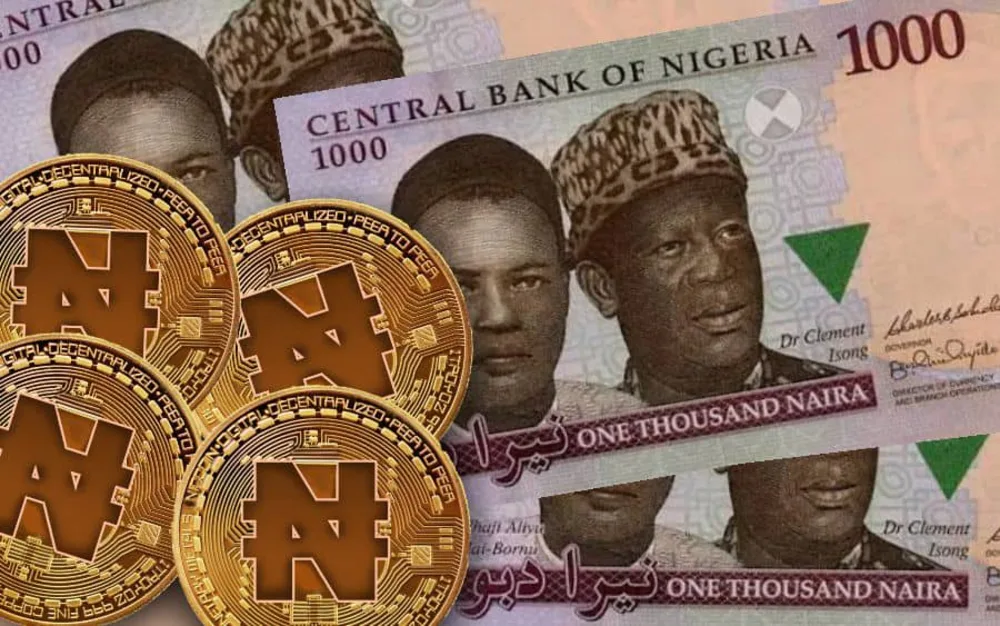
It is no news that Bitcoin has become increasingly popular and many Apex Banks across the globe have been working towards developing digital fiat currencies of their own.
That said, only two countries have officially launched digital currencies - The Bahamas became the first in 2020 followed by China, issuing its digital yuan about three months ago.
In other countries, trials are ongoing for digital currency. In Africa, Egypt, South Africa, Morocco, and Kenya are exploring the technology’s feasibility. However, West African countries, Nigeria and Ghana are planning to pilot an official digital currency (e-Naira and e-Cedi respectively) later this year.
What is e-Naira and how does it work?
The Central Bank Digital Currency (CBDC) is Nigeria's official currency in digital form. That is, Instead of paper Naira money, the central bank issues electronic coins and notes that are backed by the government.
CBDCs are similar to existing cryptocurrencies (such as Bitcoin, Ethereum, etc) in the sense that both are transferred electronically and blockchain-based. However, one major difference is that while cryptocurrencies are designed to not be regulated, digital fiat currencies are deployed on centralised and private blockchain networks supervised by a central bank.
READ ALSO - Nigeria’s Central Bank to Launch Digital Currency before 2022
The digital currency will be issued by the central bank to other banks, which in turn make it available to customers. Banks will now be connected to the government-run blockchain system. Through the system, banks can aggregate transaction data that will be relayed to the central bank. Although it is still unclear if traditional bank accounts will work for a digital naira, users may be required to open special accounts similar to mobile money wallets currently being used for cryptocurrencies, which will enable seamless transactions.
There is also a difference in currency value and volatility. An e-naira, for instance, will be pegged to the paper naira at ₦1:₦1. Compared to the extreme volatility associated with cryptocurrencies, CBDCs are relatively stable. With values pegged, digital currency will only fall and rise in line with general swings in the value of the national currency.
Tags
Naira
Central Bank of Nigeria
e-Naira
Similar News
Are you a start-up or an entrepreneur in Africa?
Subscribe to our mailing list



